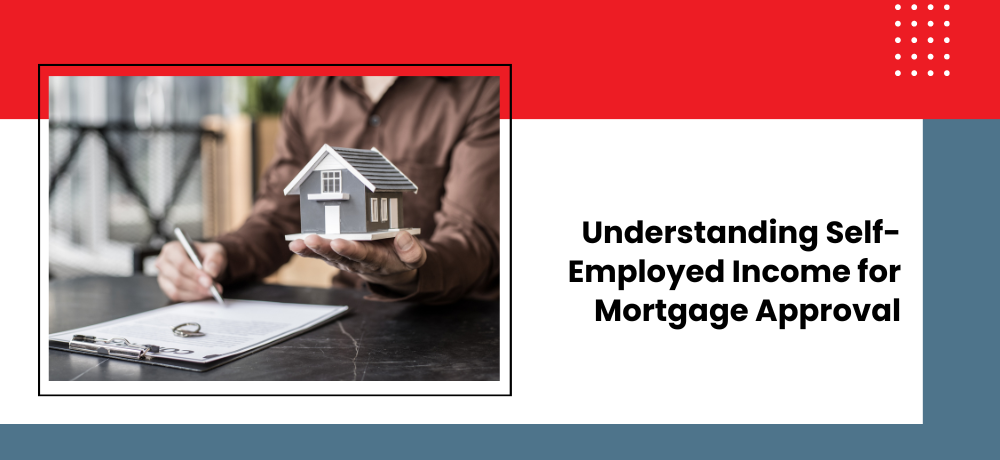Understanding Self-Employed Income for Mortgage Approval

As a self-employed individual, you are your own boss, and you have the freedom to create your own work schedule. However, when it comes to applying for a mortgage, self-employment can complicate matters. Unlike salaried employees, self-employed individuals have to prove their income in a different way to ensure mortgage approval.
At Bob Beach – The Burlington Mortgage Centre, we understand that self-employed individuals often face challenges when it comes to securing a mortgage. That's why we've put together this guide to help you better understand how self-employed income is assessed for mortgage approval.
Documents Required for Self-Employed Mortgage Approval
When applying for a mortgage, self-employed individuals are required to provide additional documentation to prove their income. Here are some of the documents that lenders may require:
1. Notice of Assessment: This document shows your income, deductions, and taxes paid for the previous year. Lenders use this document to verify your income and ensure that you are up-to-date on your taxes.
2. Business License: Your business license proves that you are legally registered to operate your business.
3. Bank Statements: Lenders may require your bank statements to verify your income and ensure that you have sufficient funds to cover your mortgage payments.
4. Financial Statements: Lenders may also require financial statements that show your business's revenue, expenses, and profits.
Calculating Self-Employed Income for Mortgage Approval
Lenders use two methods to calculate self-employed income for mortgage approval: stated income and average income.
Stated Income: This method allows self-employed individuals to state their income without providing documentation. However, lenders will often require a larger down payment and charge a higher interest rate to mitigate the risk.
Average Income: This method uses the average of your income over the past two years to determine your borrowing power. This method is often preferred by lenders as it provides a more accurate picture of your income.
Tips for Self-Employed Mortgage Approval
Here are some tips to help self-employed individuals secure mortgage approval:
1. Keep Accurate Records: Keeping accurate records of your income, expenses, and taxes paid will make the mortgage application process smoother.
2. Pay Your Taxes on Time: Lenders may require proof that you are up-to-date on your taxes before approving your mortgage.
3. Work with an Experienced Mortgage Broker: An experienced mortgage broker, like Bob Beach – The Burlington Mortgage Centre, can help you navigate the complex process of securing a mortgage as a self-employed individual.
At Bob Beach – The Burlington Mortgage Centre, we specialize in helping self-employed individuals secure mortgages that meet their unique needs. Contact us today to learn more about how we can help you achieve your homeownership goals. To get in touch with us, please click here or call us at (905)-699-2095.